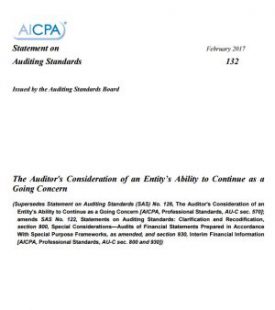
In February 2017, the AICPA issued SAS No. 132, The Auditor’s Consideration of an Entity’s Ability to Continue as a Going Concern, a key reason being that the AICPA needed to update the auditing literature for the accounting guidance found in FASB ASU No. 2014-15, which became effective at the end of 2016. To apply SAS No. 132 to an entity following the FASB or GASB standards, it is important to understand the accounting requirements found in those standards.
SSAE No. 18 Provides Clarity on Attestation Engagements: If You Think This New Standard Doesn’t Apply to Your Practice, Think Again
By Surgent CPE

Statements for Attestation Engagements (SSAE) No. 18, Attestation Standards, Clarification and Recodification, will be effective for examination, review and agreed-upon reports dated on or after May 1. Now is the time to brush up on this new standard.
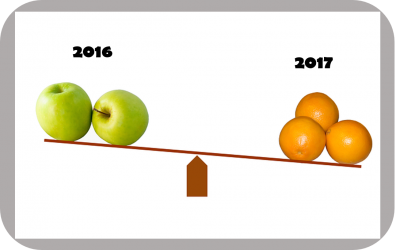
With just about half of this year’s busy season in the rearview mirror, it’s time to pause and reflect. How has this busy season differed from other years? Take the CPA Trendlines Busy Season survey and tell us.
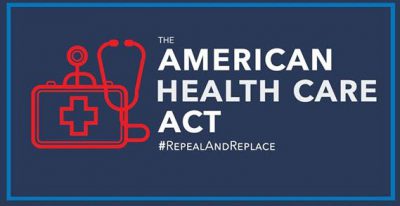
Late Monday, March 6, the full text of Congressional Republicans’ proposal to repeal and replace the Affordable Care Act was finally released. The bill, which has been given the title “The American Healthcare Act,” is now with the Congressional Budget Office (CBO) for “scoring” to determine its costs and impacts. Here’s what we know now about key provisions and their timing.
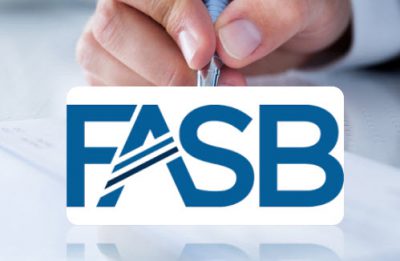
This past week, the FASB issued two new ASUs, bringing the total of Updates issued in the first two months of the year up to six, compared to two Updates issued by this time last year. Read more for an overview of each of these recent Updates.
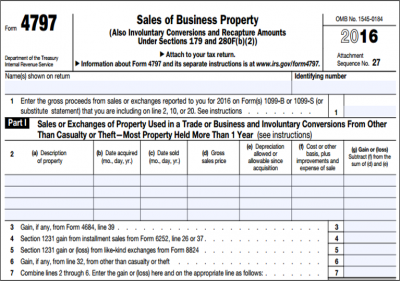
Form 4797 generally reports the sale of assets utilized in a trade or business as described in IRC §1231, but it can be tricky to complete without errors. We’ve broken down Form 4797 into what’s good, what’s difficult, and what can be an all-around headache.

The AICPA is seeking a new tax form to improve S-corp shareholder compliance with basis rules, but will it resolve the nightmare of reconstructing basis? Tony Nitti weighs in.
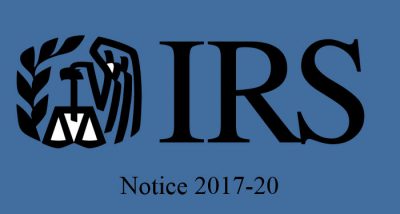
It’s the season of healthcare limbo, but sometimes limbo can be good. On February 27, in Notice 2017-20, the IRS indefinitely suspended notice (and associated penalty) requirements for small employers who use Qualified Small Employer Health Reimbursement Arrangements (QSEHRAs).

Though many of the details remain unclear, there’s a general consensus that tax reform is on its way. Forbes’ tax policy blogger, Tony Nitti, CPA, talks about why CPAs need to be prepared for any possible outcome, and why the time to start preparing is now.





